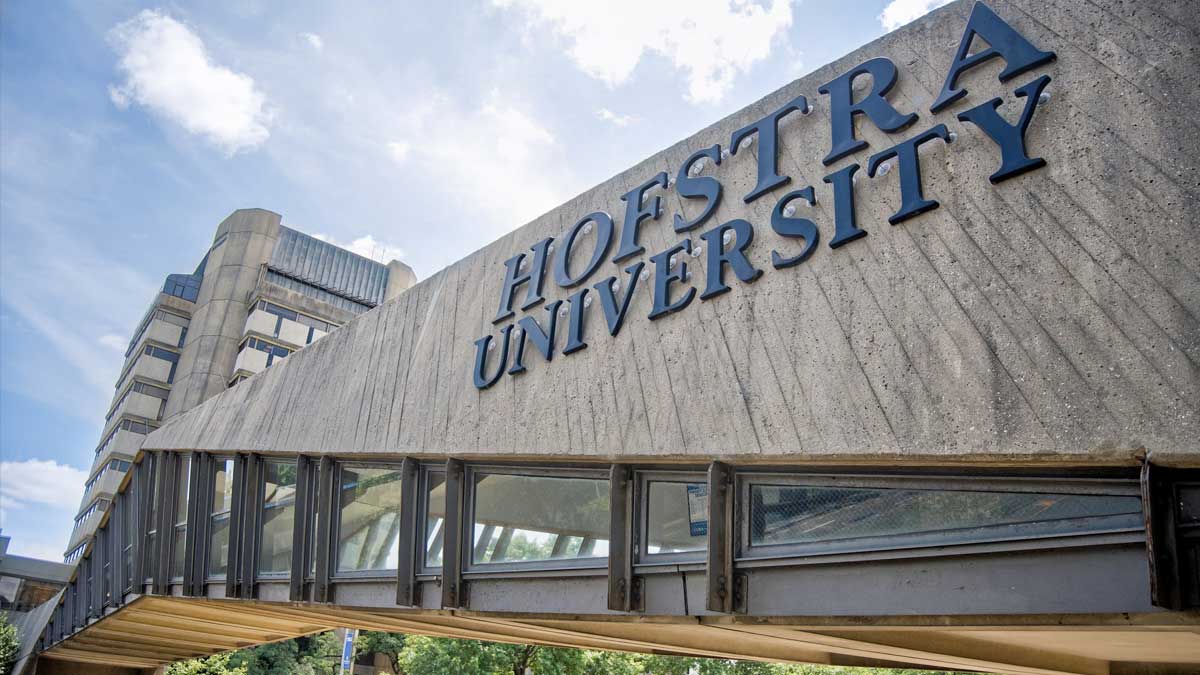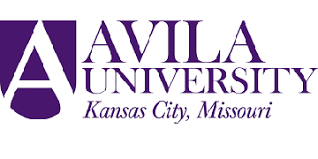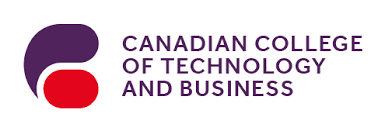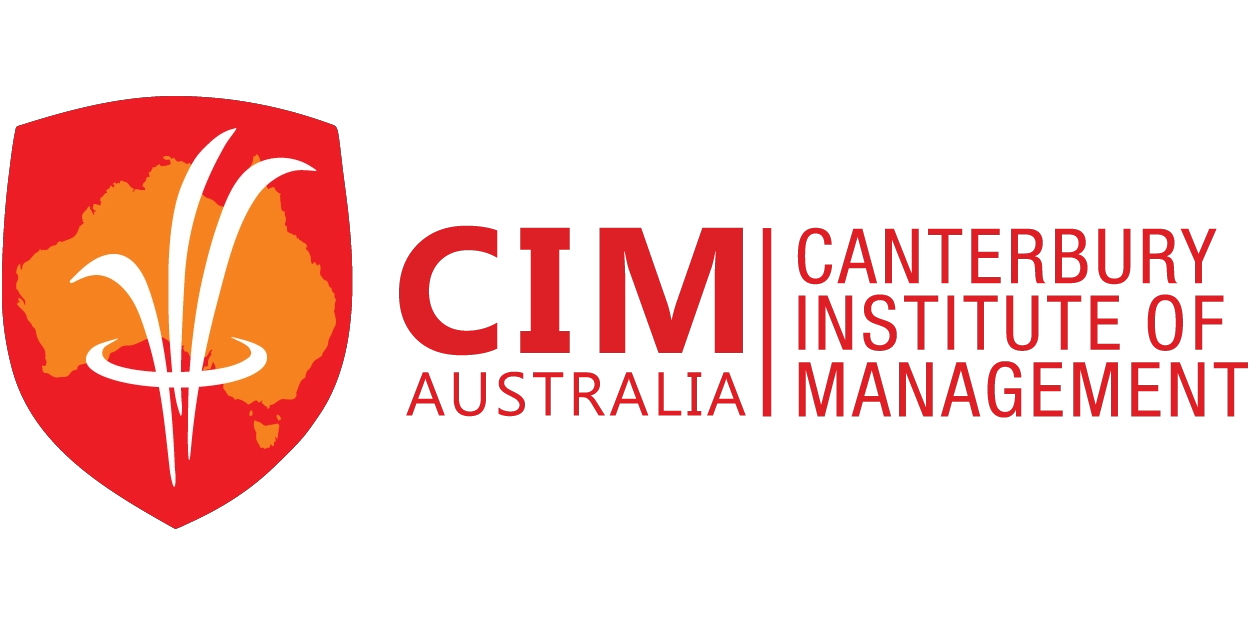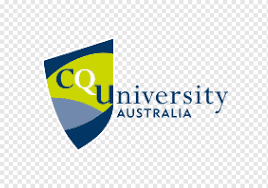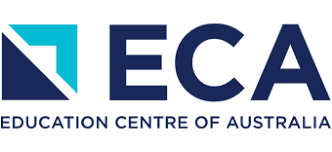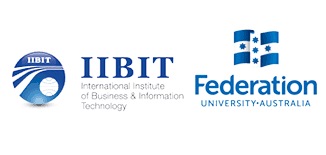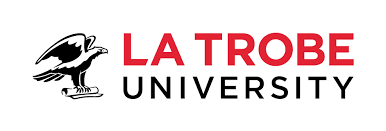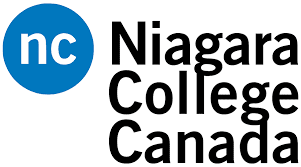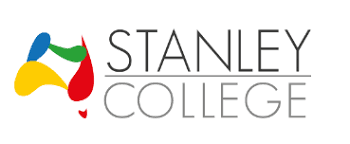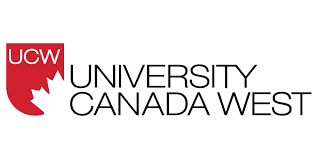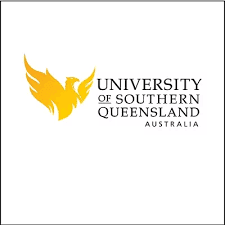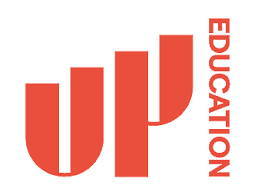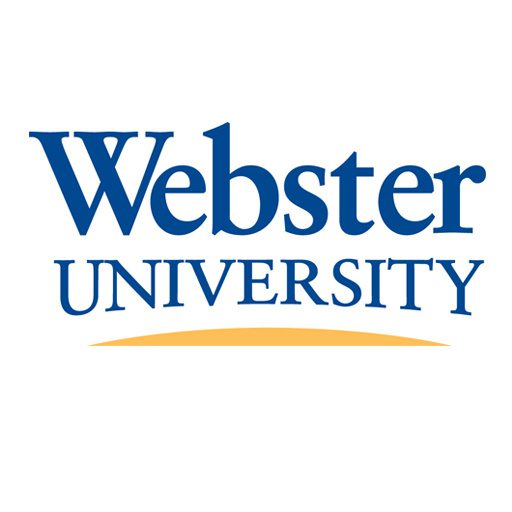About Hofstra University
Hofstra University, founded in 1935 and located in Hempstead, Long Island, is a private institution that has evolved into a comprehensive university since its inception. Boasting a 244-acre campus, Hofstra offers a diverse range of undergraduate and graduate programs across various disciplines, including liberal arts, business, education, and law. Accredited by the Middle States Commission on Higher Education, the university is known for its commitment to academic excellence and community engagement. The Hofstra Pride competes in NCAA Division I athletics, and the campus hosts cultural events, lectures, and conferences. Notable alumni, including filmmaker Francis Ford Coppola and journalist Bob Costas, highlight the university’s impact in various fields. The institution gained national attention for hosting the 2008 presidential debate. With a rich history and ongoing commitment to education and community, Hofstra University remains a prominent academic institution in the Northeast.
Entry Requirements
Undergraduate Admissions:
- High School Diploma or Equivalent:
- Applicants should have completed a recognized secondary school program or have an equivalent educational background.
- Transcripts:
- Official high school transcripts are required, demonstrating a strong academic record.
- Standardized Test Scores:
- While Hofstra has been test-optional, meaning applicants are not required to submit SAT or ACT scores, it’s essential to check the university’s current policy.
- Letters of Recommendation:
- Typically, one or more letters of recommendation from teachers or counselors are recommended.
- Personal Statement or Essay:
- A personal statement or essay is often required, allowing applicants to articulate their goals and reasons for choosing Hofstra.
- Extracurricular Activities and Resume:
- Highlighting involvement in extracurricular activities, community service, and leadership roles is beneficial.
- Application Fee:
- A non-refundable application fee is usually required, though fee waivers may be available for eligible students.
Graduate Admissions (Postgraduate):
- Bachelor’s Degree:
- A completed bachelor’s degree from an accredited institution is typically required for graduate admissions.
- Transcripts:
- Official transcripts from all post-secondary institutions attended are required.
- Letters of Recommendation:
- Graduate programs often require letters of recommendation from professors or professionals familiar with the applicant’s academic and/or professional abilities.
- Standardized Tests:
- Depending on the program, applicants may need to submit GRE or GMAT scores. Some programs may waive these requirements.
- Resume or Curriculum Vitae (CV):
- A resume or CV outlining academic and professional experiences is often required.
- Personal Statement or Statement of Purpose:
- Applicants are typically required to submit a personal statement or statement of purpose outlining their academic and career goals.
- Portfolio (if applicable):
- Certain programs, especially in the arts, may require the submission of a portfolio showcasing the applicant’s work.
- IELTS Scores:
- International students may be required to submit IELTS scores as part of the application process.
- The IELTS Academic test is commonly accepted, and applicants should typically meet a minimum score set by the university or the specific program.
- PTE Scores:
- Some institutions, including Hofstra University, may also accept PTE (Pearson Test of English) scores for English proficiency.
- As with IELTS, applicants would generally need to achieve a minimum score established by the university.

